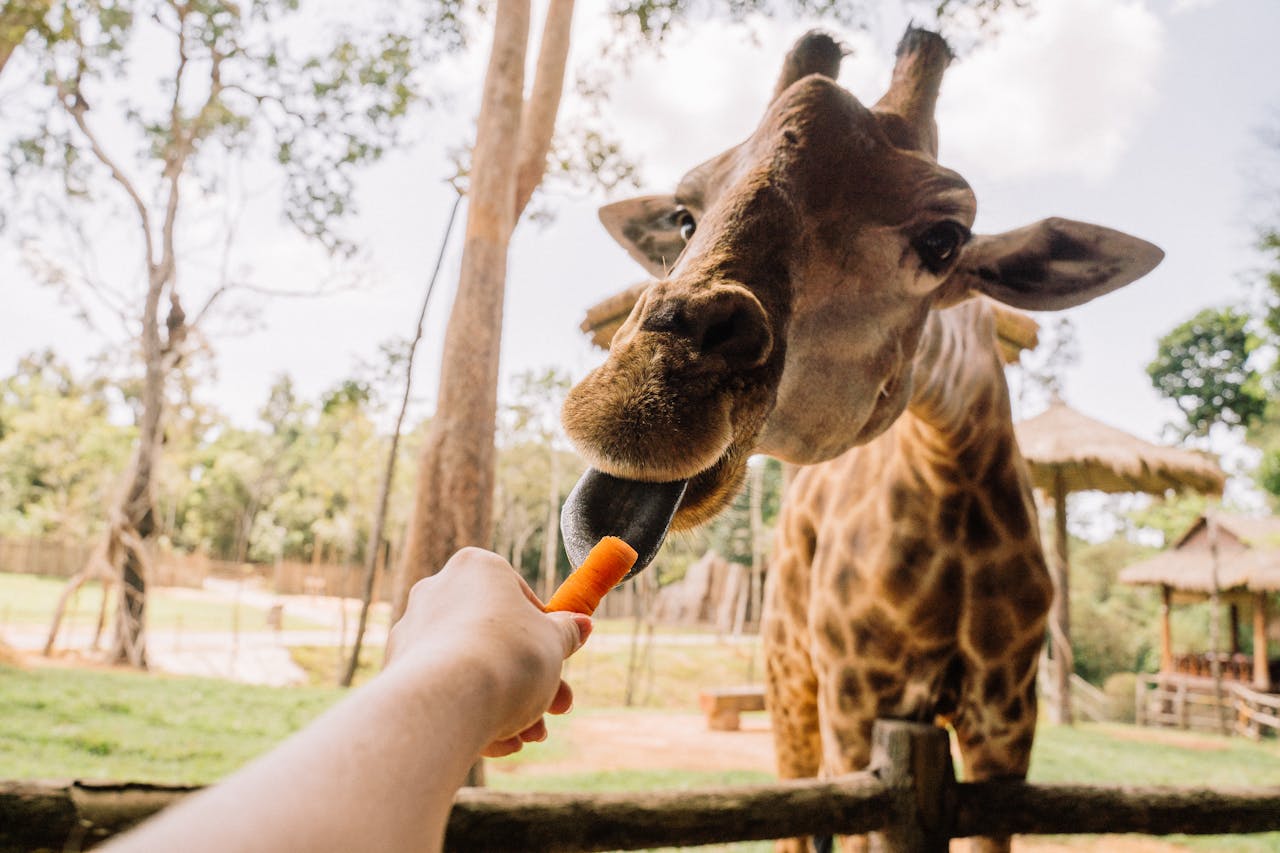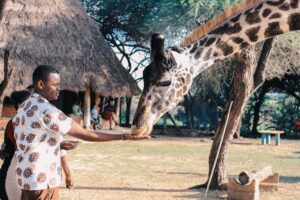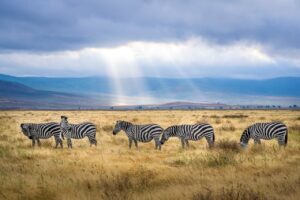
Preparing for Your First Safari: A Comprehensive Checklist
Posted on December 17, 2024
A safari is a thrilling experience that allows you to explore wildlife in its natural habitat. Whether you’re visiting Africa, Asia, or another safari destination, proper preparation is crucial for a safe and unforgettable trip. This checklist will guide you through the essentials for preparing for your first safari.
1. Research and Choose Your Safari Destination
Choosing the right destination is the first step in preparing for your safari. Factors like the time of year, the type of wildlife you want to see, and the climate will influence your decision. Popular destinations for safaris include Kenya, Tanzania, South Africa, Botswana, and Namibia, each offering unique experiences. Research the best time to visit your chosen location, as weather and wildlife activity vary by season.
2. Plan Your Safari Itinerary
Once you’ve chosen your destination, it’s time to plan your safari itinerary. Work with a reputable tour operator to ensure your safari matches your expectations. Some key considerations include:
- Safari Type: Do you prefer game drives, walking safaris, or perhaps even a hot air balloon ride? Choose what best suits your interests and fitness levels.
- Length of Safari: Safaris can range from a few days to a couple of weeks. Decide how much time you want to spend and how many parks or reserves you’d like to visit.
- Accommodation: Choose between luxury lodges, tented camps, or rustic bush camps, depending on your comfort level.
3. Packing Essentials for Your Safari
When it comes to packing for a safari, you’ll need to strike the right balance between practicality and comfort. It’s best to wear neutral colors such as khaki, beige, or olive to blend in with the environment. Avoid bright colors, as they can attract wildlife or insects. Be sure to bring long sleeves and pants to protect yourself from the sun and insects and a lightweight jacket or sweater for cooler mornings and evenings. Comfortable, sturdy shoes are essential for walking safaris, while sandals are ideal for relaxing around camp. Health and safety are also crucial considerations for your safari. Pack sunscreen with SPF 30 or higher and lip balm that provides sun protection.

Don’t Forget First-Aid
In areas prone to malaria, insect repellent containing DEET is important to prevent bites. You should also bring a basic first-aid kit with essentials like band-aids, antiseptics, pain relievers, and any personal medications and vaccinations you may need. For your safari excursions, binoculars and a camera are great for wildlife viewing and photography, and a reusable water bottle will help you stay hydrated during game drives. A small backpack is perfect for carrying your essentials during day trips. Finally, don’t forget your travel documents, including your passport, any required visas, and travel insurance details.
4. Cultural Sensitivity
Many safari destinations are in remote areas where local communities live alongside wildlife. If you are moving from Saudi Arabia with a company like Four Winds KSA, it’s important to be mindful of the cultures and traditions of these communities. As you prepare for your safari, respect for local customs goes a long way in ensuring a meaningful and enriching experience. Always ask for permission before taking photographs of people or sacred sites, and take time to learn about the local ways of life. A little research on the culture can make your safari more enjoyable and more respectful of the people who call these areas home.
5. Safari Etiquette and Behavior
It’s essential to respect both the animals while you are interacting with the wildlife of Kenya, Tanzania, or Uganda. Always stay inside the safari vehicle unless your guide instructs otherwise. This is crucial for your safety and to minimize any disturbance to wildlife. It’s also important to keep noise levels low; loud sounds can startle animals and disrupt their natural behaviors. Never attempt to feed or approach the animals. Maintaining a safe distance is key to keeping both you and the wildlife safe. Your safari guide will provide the best practices for ensuring your and the animals’ safety, so it’s important to follow their instructions throughout the journey.

While preparing for your first safari, inform yourself about proper etiquette
6. Health and Safety Considerations
Before heading on safari, addressing any health concerns and ensuring you’re fully prepared is important. Consult your doctor about any necessary vaccinations, including those for Yellow Fever, Typhoid, and Malaria. Taking the recommended malaria prevention is crucial if you’re traveling to areas prone to malaria. In addition, make sure you have comprehensive travel insurance that covers health emergencies, medical evacuation, and trip cancellations. Hydration is also a key factor, as the heat and long drives can lead to dehydration. Be sure to drink plenty of water throughout the day to stay energized and healthy.
7. Embrace the Adventure: Balancing Safari and Relocation Stress-Free
While a safari offers an exhilarating escape into nature, it can also come with challenges, especially when paired with a move. But think of it this way: a safari is not just about seeing wildlife; it’s about reconnecting with the world in a raw, unfiltered way. And what better way to experience it than when you’re moving into a new phase of life? Just like planning a move, preparation is key to maximizing your safari experience. Research about places before you visit them, listen carefully to your guide, find tips for making good safari photography, and enjoy your trip.

Enjoying your journey is the most important part of a safari checklist.
Conclusion: Preparing for Your First Safari
With the right planning and preparation, your first safari can be a truly unforgettable experience. From choosing the perfect destination to packing the right gear and respecting both the wildlife and local communities, every detail in preparing for your first safari is crucial. A well-planned safari maximizes your chances of encountering incredible wildlife and allows you to immerse yourself in the natural beauty of your surroundings fully. Whether observing the “Big Five” up close or simply enjoying the serenity of the savanna, the experiences you’ll gather will stay with you long after the journey ends.


Comments are currently closed.